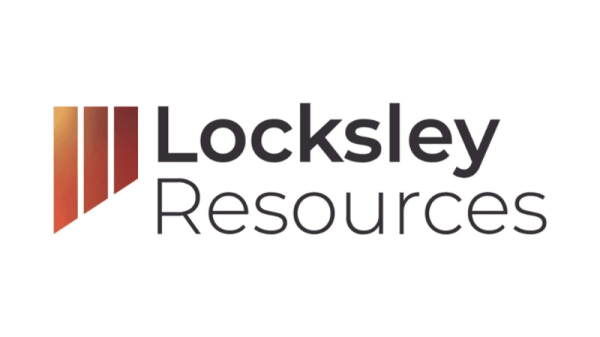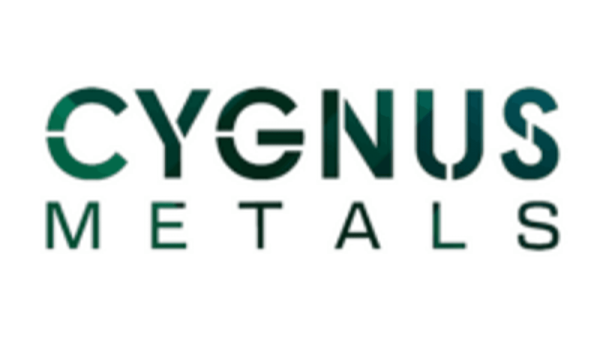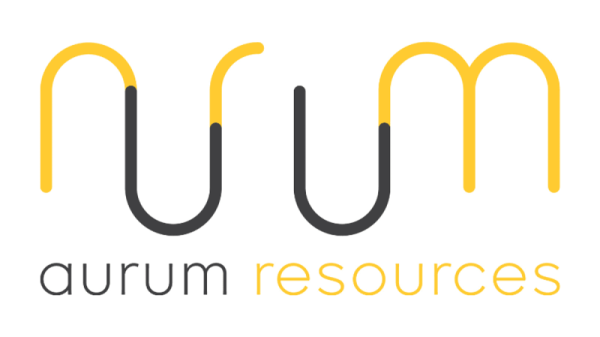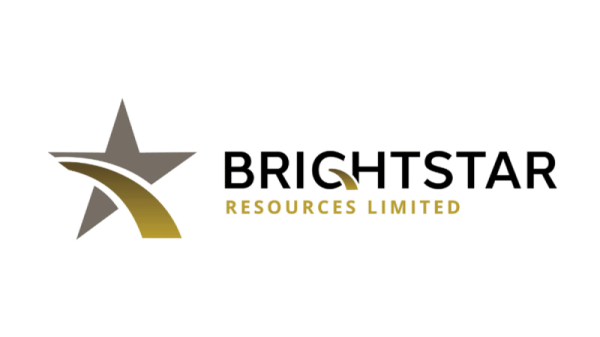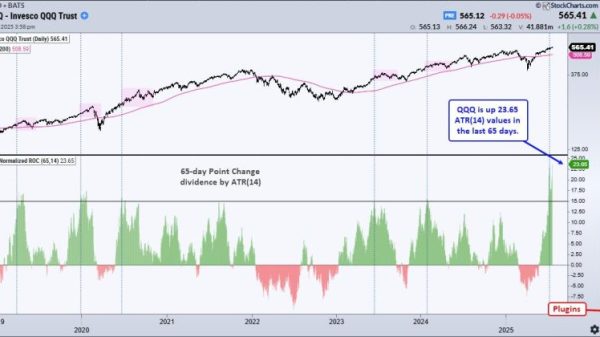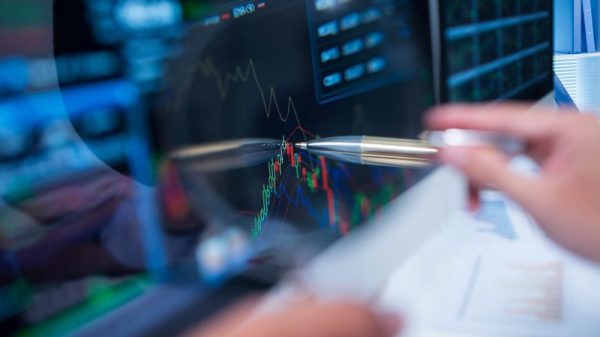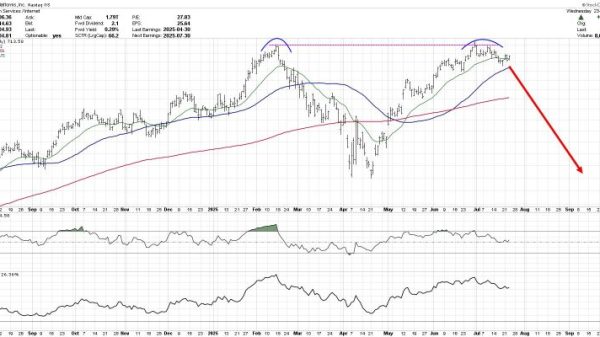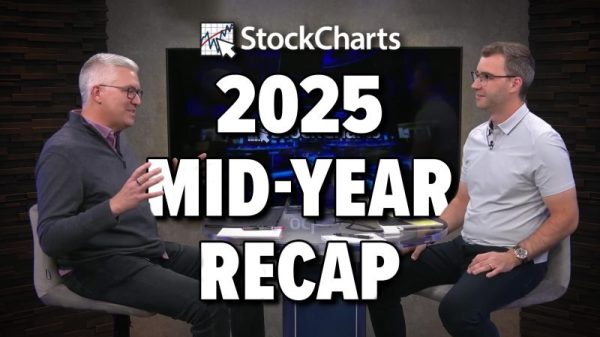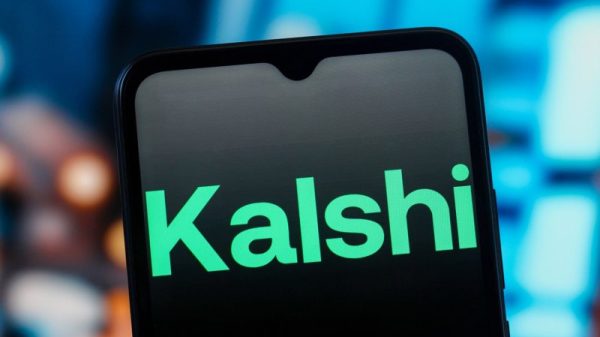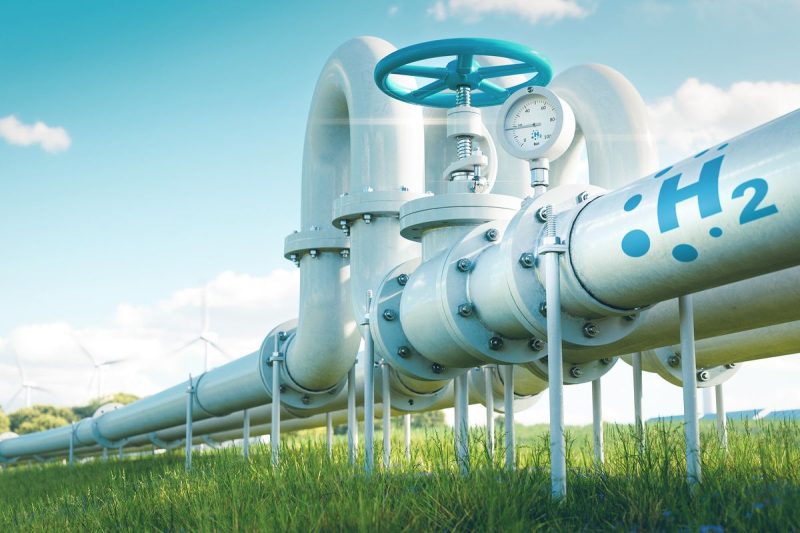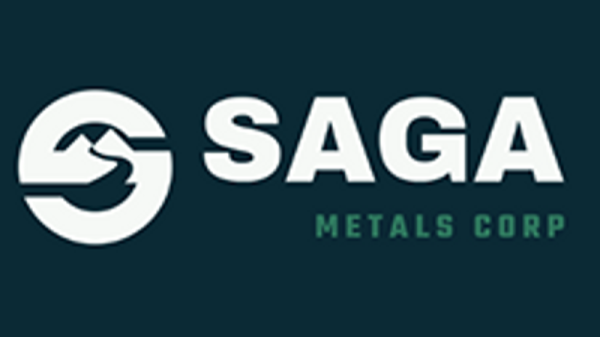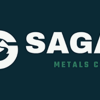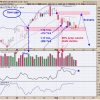Hydrogen stocks are benefiting from cleantech sector momentum as the world moves closer to a green energy future.
The most abundant element on Earth, hydrogen is a colorless gas. It can be produced in liquid form and burned to generate electricity, or combined with oxygen atoms in fuel cells. In this way, hydrogen — which produces no carbon emissions — can replace fossil fuels in household heating, transportation and industrial processes such as steel manufacturing.
Rising demand for carbon-free energy sources alongside significant new government policies are driving growth in the hydrogen market. Grand View Research projects that the global hydrogen-generation market will grow at a compound annual growth rate of 9.3 percent from 2023 to 2030, reaching US$317.39 billion by the end of the forecast period.
It’s worth noting that the downside to hydrogen as a clean energy source is that 99 percent of the hydrogen fuel currently produced is derived from power generated by coal or gas. To combat this problem, some companies are pursuing green hydrogen, which is produced by splitting hydrogen atoms from oxygen using electrolyzers powered by renewable energy.
US hydrogen stocks
The US hydrogen market is well established, accounting for “more than half the world’s fuel cell vehicles, 25,000 fuel cell material handling vehicles, more than 8,000 small scale fuel systems in 40 states, and more than 550 MW of large-scale fuel cell power installed or planned,” according to the Fuel Cell and Hydrogen Energy Association.
Looking at the medium to long term, the use of hydrogen as a fuel source is expected to grow on further investments and strong government incentives. The passage of the Bipartisan Infrastructure Law in November 2021 includes US$9.5 billion for clean hydrogen, the vast majority of which is earmarked for regional clean hydrogen hubs to service the industrial sector. What’s more, in mid-2022, US President Joe Biden signed the Inflation Reduction Act into law; it also include policies and incentives for hydrogen, such as a production tax credit aimed at further boosting the US market for clean hydrogen.
1. Linde (NYSE:LIN)
Market cap: US$173.76 billion; share price: US$354.91
Leading global industrial gases and engineering company Linde has been producing hydrogen for more than a century and is a pioneer in new hydrogen production technologies. Linde’s operations cover each step of the hydrogen value chain, from production and processing through distribution and storage. The company also uses its gases for industrial and consumer applications.
Globally, the company has more than 500 hydrogen production plants. Through its ITM Linde Electrolysis joint venture, Linde has become one of the world’s leading suppliers of green hydrogen produced using proton exchange membrane (PEM) electrolyzer technologies.
2. Air Products & Chemicals (NYSE:APD)
Market cap: US$60.69 billion; share price: US$274.07
Founded in 1940, Air Products & Chemicals sells industrial gases and chemicals, and provides related equipment and expertise to a wide range of industries, including refining, chemical, metals, electronics, manufacturing and food and beverage.
In addition to producing oxygen, nitrogen, argon and helium, the company operates more than 100 hydrogen plants and maintains the world’s largest hydrogen distribution network. Air Products has an extensive hydrogen-dispensing technology patent portfolio and has been involved in more than 250 hydrogen-fueling projects worldwide.
Air Products has invested US$7 billion to be able to supply green hydrogen to power buses and trucks globally by 2025. This is happening as part of a joint venture project with ACWA Power (TADAWUL:2082) and NEOM in Saudi Arabia. Called the NEOM Green Hydrogen Complex, the operation will be powered by 4 gigawatts of renewable power from solar, wind and storage to produce 650 metric tons per day of hydrogen by electrolysis.
3. Cummins (NYSE:CMI)
Market cap: US$29.59 billion; share price: US$209.06
Indianapolis-based Cummins designs, manufactures and distributes engines, filtration and power-generation products with a specialization in diesel and alternative fuel engines and generators.
Best known for its diesel engines, in March, the company announced the launch of a new brand, Accelera, which will feature “a diverse portfolio of zero-emissions solutions, includ(ing) battery systems, fuel cells, ePowertrain systems and electrolyzers.” The brand will encompass Cummins’ established battery electric and hydrogen fuel cell systems, as well as electrolyzers for hydrogen refueling stations. In May, Accelera started electrolyzer production in Minnesota, US. The facility is Cummins’ first electrolyzer production site in the country.
Canadian hydrogen stocks
Like its neighbor to the south, Canada is a world leader in hydrogen and fuel cell technologies, especially when it comes to innovation, research and development. In terms of the global hydrogen market, the country reportedly generates C$200 million in hydrogen exports a year.
The federal government is heavily invested in the sector both in terms of funding and the implementation of clean energy policies. “Development of an at-scale, clean hydrogen economy is a strategic priority for Canada,” Natural Resources Canada states, “needed to diversify our future energy mix, generate economic benefits and achieve net-zero greenhouse gas emissions by 2050.” Invest Canada projects that the domestic market for hydrogen and related products will reach a value of C$50 billion by 2050.
1. Ballard Power Systems (TSX:BLDP)
Market cap: C$1.76 billion; share price: C$5.81
Ballard Power Systems is a global leader in hydrogen fuel cell technology and is working to accelerate the adoption of this technology. The company develops and manufactures PEM fuel cell products that create electrical energy from the combination of hydrogen and air. Ballard’s products are designed for heavy-duty trucks, buses, trains and marine applications, as well as backup power storage.
Two of Ballard’s 200 kilowatt fuel cell modules are located on the world’s first hydrogen-powered ferry, operated by Norwegian company Norled. The company is also supplying hydrogen fuel cell modules to global carbon-reduction company First Mode; they will be used to power several hybrid hydrogen and battery ultra-class mining haul trucks.
2. First Hydrogen (TSXV:FHYD)
Market cap: C$160.74 million; share price: C$2.75
First Hydrogen designs and builds zero-emission vehicles, and in the first quarter of 2022 the company established First Hydrogen Energy, a division focused on the production and distribution of green hydrogen. That same year, the company secured locations in the UK and Canada for developing green hydrogen production projects.
First Hydrogen has a hydrogen collaboration agreement with Cambridge University focused on the development of hydrogen technologies. Through agreements with AVL Powertrain UK and Ballard, the company has developed a light commercial vehicle (LCV) powered by hydrogen fuel cell technology; it is expected to have a range of more than 500 kilometers.
In March, Ballard took First Hydrogen’s Generation 1 LCV for a test drive. “We were pleased to experience First Hydrogen’s LCV first-hand and delighted to see how our leading fuel cell technology performs on the road in a light-duty application,” David Mucciacciaro, chief communications officer at Ballard, said. “Our plans to expand Ballard’s fuel cell production will enable the scale-up of the fuel cell market as we see continued investment and customer interest.”
3. DynaCERT (TSXV:DYA)
Market cap: C$97.36 million; share price: C$0.26
DynaCERT manufactures and distributes emissions-reduction technology for internal combustion engines. The company’s patented HydraGEN technology for diesel engines creates hydrogen and oxygen on demand through an electrolysis system that then supplies those gases through air intake. The result is lower carbon emissions and improved fuel efficiency. The technology is compatible with a variety of diesel engines, including heavy vehicles, mining equipment, marine vessels and locomotives.
In February, the company announced a collaborative agreement with Cipher Neutron for the development, production and marketing of an anion exchange membrane electrolyzer technology designed to produce green hydrogen for large-scale infrastructure projects, as well as reversible fuel cell technology for long-term hydrogen storage. Since then, Cipher Neutron has received various purchase orders from future customers.
Australian hydrogen stocks
Australia is another important hotspot for investing in hydrogen. The Australian Renewable Energy Agency forecasts that the country’s hydrogen market could be worth up to AU$10 billion annually by 2040.
The Australian government’s National Hydrogen Strategy highlights its intention to position the country as a “major player” in the global hydrogen market by 2030. To this end, Australia has partnered with a number of other nations on hydrogen technology.
Australia and Germany are working together on a hydrogen technology development program that will help Australia build out its capacity to export hydrogen to Germany as it seeks to reduce its reliance on fossil fuels. Through a partnership with Japan, Australia is developing new hydrogen fuel cell technology and looking to establish the world’s first clean liquefied hydrogen export pilot project.
1. Hazer Group (ASX:HZR)
Market cap: AU$132.09 million; share price: AU$0.78
Technology development company Hazer Group is working to commercialize the HAZER Process, a low-emission hydrogen and graphite production process initially developed at the University of Western Australia. It uses iron ore as a process catalyst to convert natural gas and similar feedstocks into hydrogen for use as an industrial chemical and in fuel cells, as well as high-quality synthetic graphite for use in lithium-ion batteries.
As of mid-2023, Hazer’s commercial demonstration plant was on track to begin its second planned operational phase in the second half of this year; it. will produce hydrogen and graphitic carbon.
2. Pure Hydrogen (ASX:PH2)
Market cap: AU$90.56 million; share price: AU$0.225
Pure Hydrogen is focused on becoming a leading producer and supplier of hydrogen and hydrogen-fuel-cell-powered vehicles such as buses and waste collection vehicles. In its latest financial report, the company states that it is “very well-funded with cash of $12.6 million as at 30 June 2023 after investing in key growth drivers.’
As part of its plan to develop a network of hydrogen energy hubs, Pure Hydrogen and its strategic partner, Singapore-based clean energy company CAC-H2, are planning to construct a hydrogen plant at Moreton Bay, Queensland, in 2023. The plant will use technology that can convert woody biomass into hydrogen.
Pepsico (NASDAQ:PEP) has committed to a hydrogen-powered truck trial program with Pure Hydrogen. The hydrogen-fuel-cell-powered Prime Mover truck was displayed at the Brisbane Truck Show in May.
3. Elixir Energy (ASX:EXR)
Market cap: AU$89.42 million; share price: AU$0.093
Energy exploration and development company Elixir Energy’s projects encompass both natural gas and renewables, including a green hydrogen project in Mongolia. The Gobi H2 green hydrogen and solar project is a joint venture with renewable energy firm SB Energy.
The project’s close proximity to China would allow for delivery via pipeline rather than the sea, lowering costs. A prefeasibility study at Gobi H2 is nearing completion as Elixir works to move the project towards front-end engineering design studies for a pilot plant project this year.
FAQS for hydrogen investing
Which is better: EVs or hydrogen?
According to research from TWI Global, there are pros and cons to both electric vehicles (EVs) and hydrogen vehicles. In terms of range and charging time, hydrogen beats electric hands down. However, while a hydrogen-powered vehicle doesn’t need much time to refuel compared to an EV, there is still much more EV charging infrastructure currently available compared to hydrogen fueling stations. EVs are also cheaper to purchase than hydrogen vehicles. As far as safety and emissions are concerned, it’s a draw between the two.
Why does Elon Musk not like hydrogen?
Elon Musk’s SpaceX has used hydrogen to fuel its rockets, and Musk has more recently talked about hydrogen playing an important role in industrial applications, such as steelmaking. However, he has balked at the idea of hydrogen fueling vehicles, calling fuel cells “fool cells.” Speaking at a Financial Times conference in May 2022, Musk said, “It’s important to understand that if you want a means of energy storage, hydrogen is a bad choice.”
Why is Toyota investing in hydrogen?
Toyota (NYSE:TM,TSE:7203) first invested in hydrogen fuel cell technology in 1992 as its executives saw clean energy as the future of transport. However, with EVs dominating the clean car space, the automaker began to shift its focus to compete with its peers. Now, Toyota is set to bring its newest hydrogen-powered vehicle to market in the fall of 2023 — it will be a revamped Crown sedan that will also have a hybrid-electric version. The company will most likely put more focus on commercial vehicles rather than passenger vehicles for its hydrogen models going forward, according to reports.
Who is the leader in hydrogen energy?
Today, the US leads the world in green hydrogen production, followed by Germany and Canada. By 2030, Australia is expected to be the leader in hydrogen energy, followed by the US and Spain.
Securities Disclosure: I, Melissa Pistilli, hold no direct investment interest in any company mentioned in this article.


